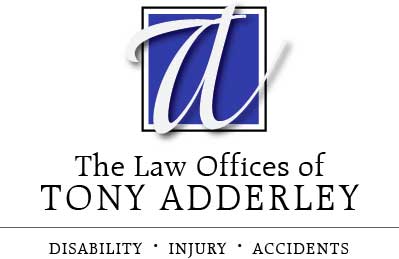Those who are afflicted by a mental impairment which limits the ability to perform substantial work activity may qualify for disability benefits from the U. S. Social Security Administration (SSA). Some of the mental impairments which may qualify a person for benefits include anxiety disorder, bipolar disorder, obsessive-compulsive disorder, depression, personality disorders, and schizophrenia.
Diagnosis Does Not Equal Benefits
Because payments made by the Social Security Disability (SSD) program are intended for workers who are unable to work because of a medical condition, simply being diagnosed with a mental impairment is not enough to qualify a person for benefits. The person with the impairment is also required to show that the impairment limits the person’s ability to work, which is often evaluated by determining the person’s limit of functional capacity and ability to perform routine daily activities, which is often a direct reflection of the person’s ability to work.
Review by Record or Evaluation
All claims for SSD are verified by a disability examiner, who will usually make a decision on a person’s request for benefits by collecting and reviewing the person’s mental health treatment records or, if no records exist or the records are older than three months old, by sending the benefits applicant to a mental health practitioner or physician for a one-time evaluation to establish the existence and/or severity of a mental impairment. Generally, benefits applicants who have long established histories of mental health treatment are far more likely to be awarded benefits based on an initial application than those who try to apply for benefits by depending on the findings of the one-time examination.
Hope for the Best, Plan for a Denial
Some statistics put the number of first time SSD benefits applications that are denied at about 70%. This number is staggering, considering that many of the 70% are people with legitimate and qualifying disabilities. The problem isn’t that these people are making false claims, the problem is that many simply do not understand the benefits application process or type of evidence that they should submit in support of an application. To circumvent these frustrations and to make sure that an application for benefits is as complete and detailed as possible, individuals who may qualify for SSD benefits are encouraged to work with an SSD benefits attorney for help. The attorney will make sure all paperwork is compiled correctly and that only the most persuasive of evidence is included for the disability examiner to evaluate.
Even if SSD applicants have already been denied for benefits, they still have a chance at being approved by the government, but they will have to file an appeal to the original decision or reapply. Since many applications are denied because the applicant failed to fill out the application correctly or failed to provide enough persuasive evidence of a medical condition, the experienced guidance of an attorney may be all the applicant needs to give an application the best chance of being approved. If an application is repeatedly denied, the attorney can pursue the matter all the way to federal court on the applicant’s behalf.

